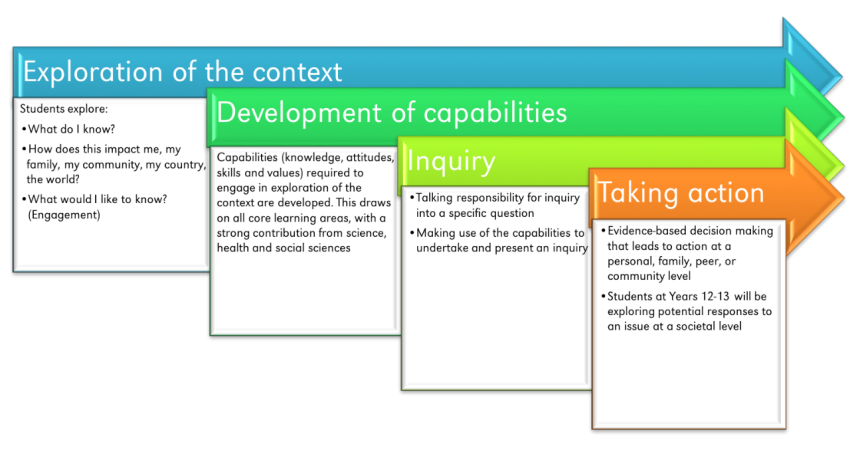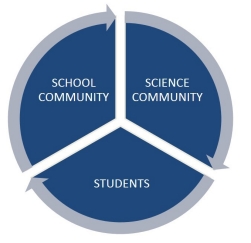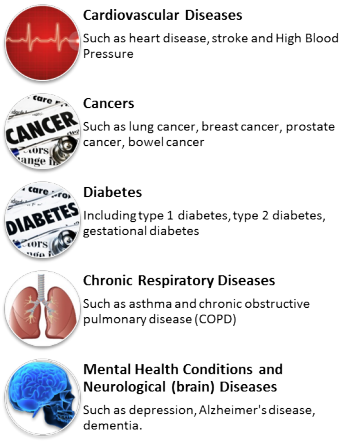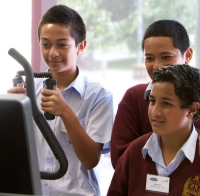Noncommunicable diseases (NCDs) are chronic diseases that cannot pass from one person to another. They develop over time, and generally progress slowly.
NCDs are the leading cause of preventable ill health, related disability, and premature death in the world today. They impact all communities. However, low socioeconomic communities and communities in developing nations carry the greatest burden of NCDs.
The NCD epidemic presents a wide range of opportunities for learning. Students can explore:
- the ways and extent to which NCDs impact on people and communities locally, regionally and globally
- the growth of the NCD epidemic over time, and the social, cultural and economic factors that are associated with this growth
- the scientific and sociological concepts underpinning key aspects of the issue
- the complexity of the ways in which knowledge from science, social sciences and the community needs to be integrated to address aspects of this issue.
Of particular interest to adolescents is the evidence that NCD risk is intergenerational, and that their health and lifestyle in the adolescent years will impact on their future NCD risk, and that of their potential future offspring.
LENScience resources support schools to include stories of science, scientists (including social scientists) and researchers in learning programmes. This enables students to enter into the world of science, sociology, health and research. Learning should also enable students to take a role as researchers within the setting of their inquiry, using skills and understanding to explore aspects of the context / socio-scientific issue.












